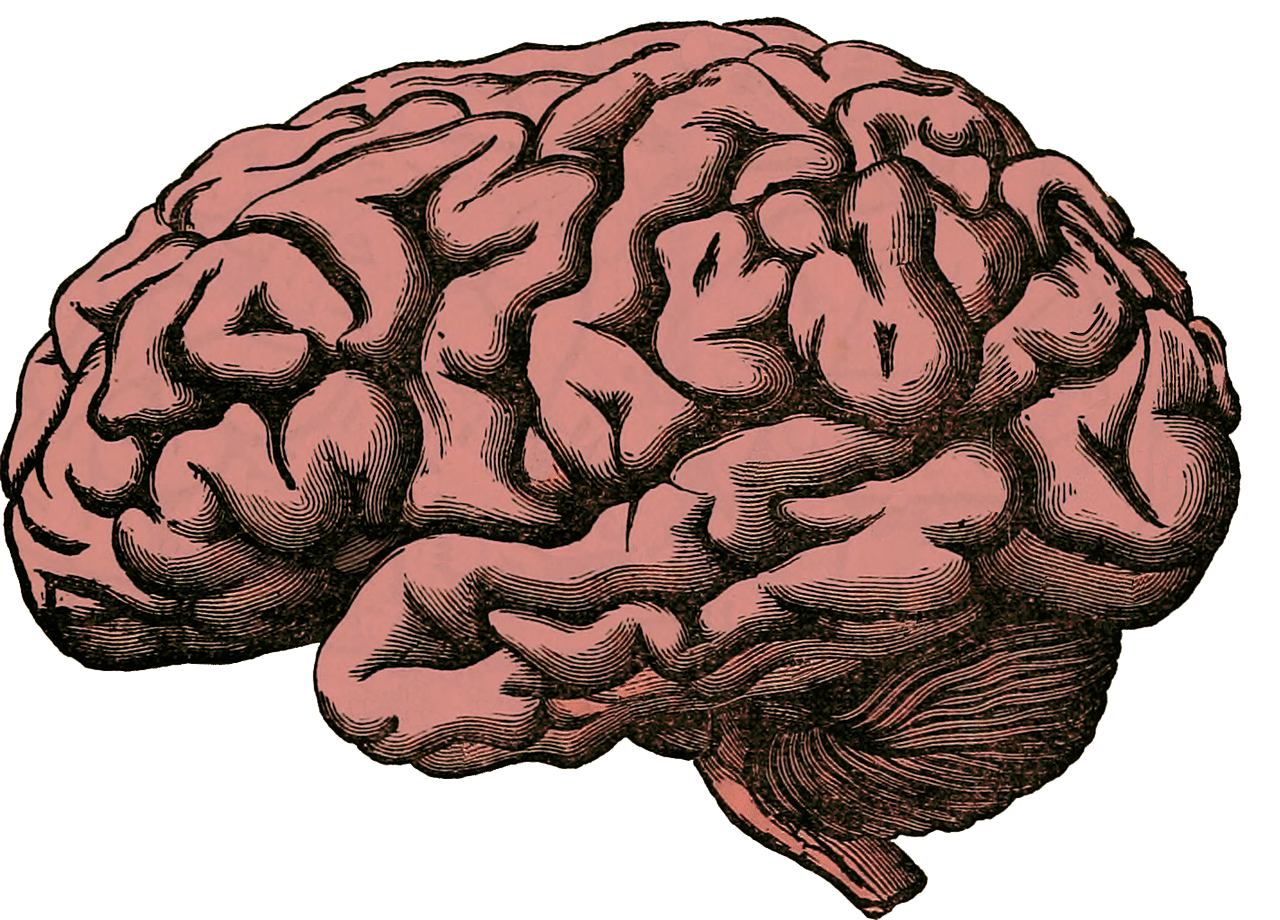
Aphasia is the partial or complete loss of the ability to speak due to injury to the brain.
Aphasia is the total or partial loss of the ability to speak as a result of an injury to the areas of the brain intended for language . It is a failure in the language centers of the brain that prevents or diminishes the ability to make oneself understood through the spoken word, writing or signs. However, the affected person retains intelligence and phonatory organs .
The term was coined by Armand Trousseau , a French expert who served as a professor of medicine at the Hotel-Dieu hospital. The word aphasia originates from a Greek word that in Spanish is understood as the "impossibility of speaking."
Emergence of aphasia
Specialists say that aphasia can arise as a result of trauma or as a consequence of an infection in the brain . Cerebrovascular accidents (which can be triggered by thrombotic or embolic ischemia, for example), craniocerebral trauma (generally caused by an accident) and localized or diffuse infections (such as brain abscess or encephalitis ) are some of those responsible for a condition. of aphasia.
However, experts emphasize that the main cause of aphasia is if a person suffers a cerebral stroke . A disease that results in damage to the brain as a result of the rupture of a vessel in the brain or an interruption in normal blood flow.

Brain damage is the cause of aphasia.
Classification according to type
It should also be noted that aphasias can be cortical (due to a perisylvian lesion), transcortical or anomic . Cortical aphasia is the most common, while transcortical aphasia is characterized by the preservation of repetition. Anomic aphasia, finally, is the mildest.
In any case, the most frequent classification made of aphasia is the following: broca or major motor aphasia , transcortical motor aphasia , Wernicke's aphasia , global , conduction and amnesic .
The first of those mentioned is characterized because it is one of the most complex variables that seriously affects both language and writing, so much so that even in its acute phase the patient himself is not only mute but also does not understand and Furthermore, he does not have the ability to communicate.
Wernicke's aphasia
No less serious is Wernicke's aphasia, which is that which occurs in patients in whom, although they have fluent speech , they experience serious problems in terms of understanding, even producing total incomprehension of everything that is said or done to them. they listen However, in the recovery process of these patients, great achievements can be achieved.
Thus, in this specific case, healthcare professionals recommend that they use computers in rehabilitation therapies because, among other things, they allow them to carry out the communication that they want but that in principle they cannot do on their own. But it is only a matter of time before they can recover.
The treatment
To treat aphasia, it is recommended to combat and/or control the underlying disease that generated it. There are cases, however, in which the person can recover from aphasia without needing treatment.
This spontaneous recovery usually occurs after a transient ischemic attack (TIA), where blood flow to the brain is interrupted for a moment (although it is quickly restored).
